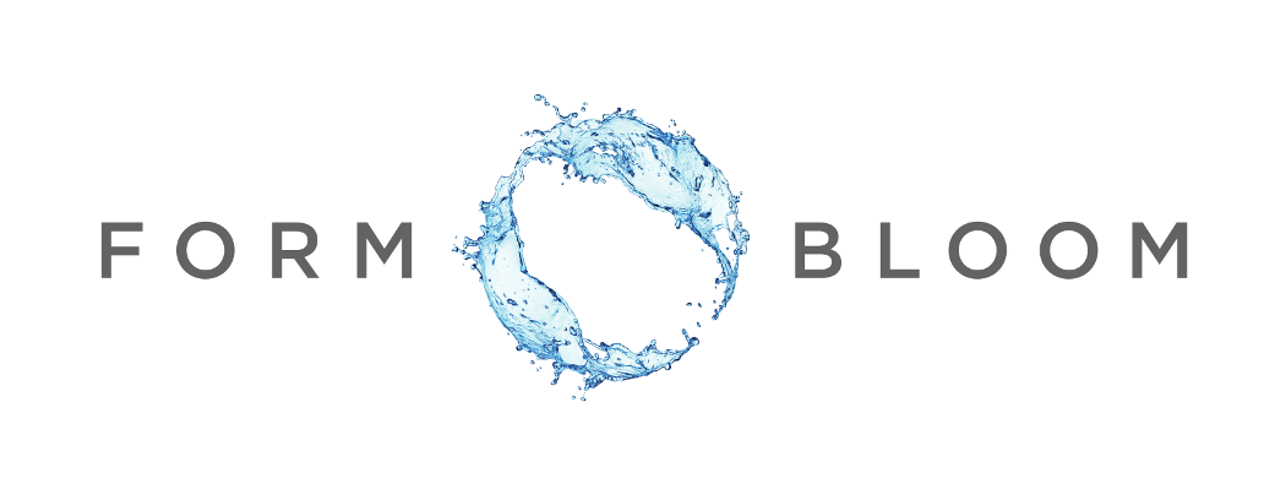Linking national-scale efforts to understand the role of sediment processes in controlling water quality in eutrophic lakes.

Eutrophication, and related harmful algal blooms (HABs), is widely considered the most significant stressor affecting fresh waters. Part of multidisciplinary effort to understand and predict the occurrence of HAB in lakes, we are seeking a highly motivated candidate with strong quantitative skills who can work independently in a collaborative environment. The successful candidate will conduct research to implement, test, and revise numerical models of biogeochemical and diagenetic processes taking place in lake sediments.
The project (FORMBLOOM) will advance our understanding of carbon, nutrient and metal fluxes across eutrophic lakes with different underlying geochemistry, and aid in predicting the role of sediments in altering effects of eutrophication, trajectories of eutrophication recovery, and HAB risk.
Background and interest in water quality or reactive transport modelling are preferred, along with a Master, Doctoral degree or equivalent, from a recognized university in a relevant academic discipline. Proficiency with scientific computing environment such as Matlab and Python is required.
The successful applicant will be working closely with Dr. Couture and collaborating with Dr. Jason Venkiteswaran (Wilfrid Laurier University) and Dr. Helen Baulch (University of Saskatchewan). The project will bridge activities within the SN Research Chair in Aquatic Geochemistry with those of the FORMBLOOM Global Water Futures project, benefiting from working in a multi-university and multidisciplinary research team, as well as from interactions with partner organizations and ecosystem managers.
The successful applicant will have access to a wide range of datasets from detailed field campaigns such as Buffalo Pound (Saskatchewan, a key regional drinking water source), Lake 227 (Ontario, a well-studied experimental lake at IISD-ELA), Conestogo Lake (Ontario, a recreational water body in a highly impacted watershed), Lake Plesne (Czech Republic, a flagship monitoring site for acidification and eutrophication) and Lake Vansjø (Norway, a drinking water and recreational lake monitored for several decades).
In your application, please include a cover letter identifying the position of interest (PhD or Postdoc) and stating your motivation for the position and how your research interests align with it, a curriculum vita including a publication record, a copy of your academic transcripts, and contact information of three references. All documentation should be sent as a single PDF file to [email protected]. Applications will be reviewed as they are received, and the positions will remain open until filled.
Laval University is located in Québec City, Canada. Candidates should be fluent in written and spoken English and interested in working in a primarily French-speaking environment.
